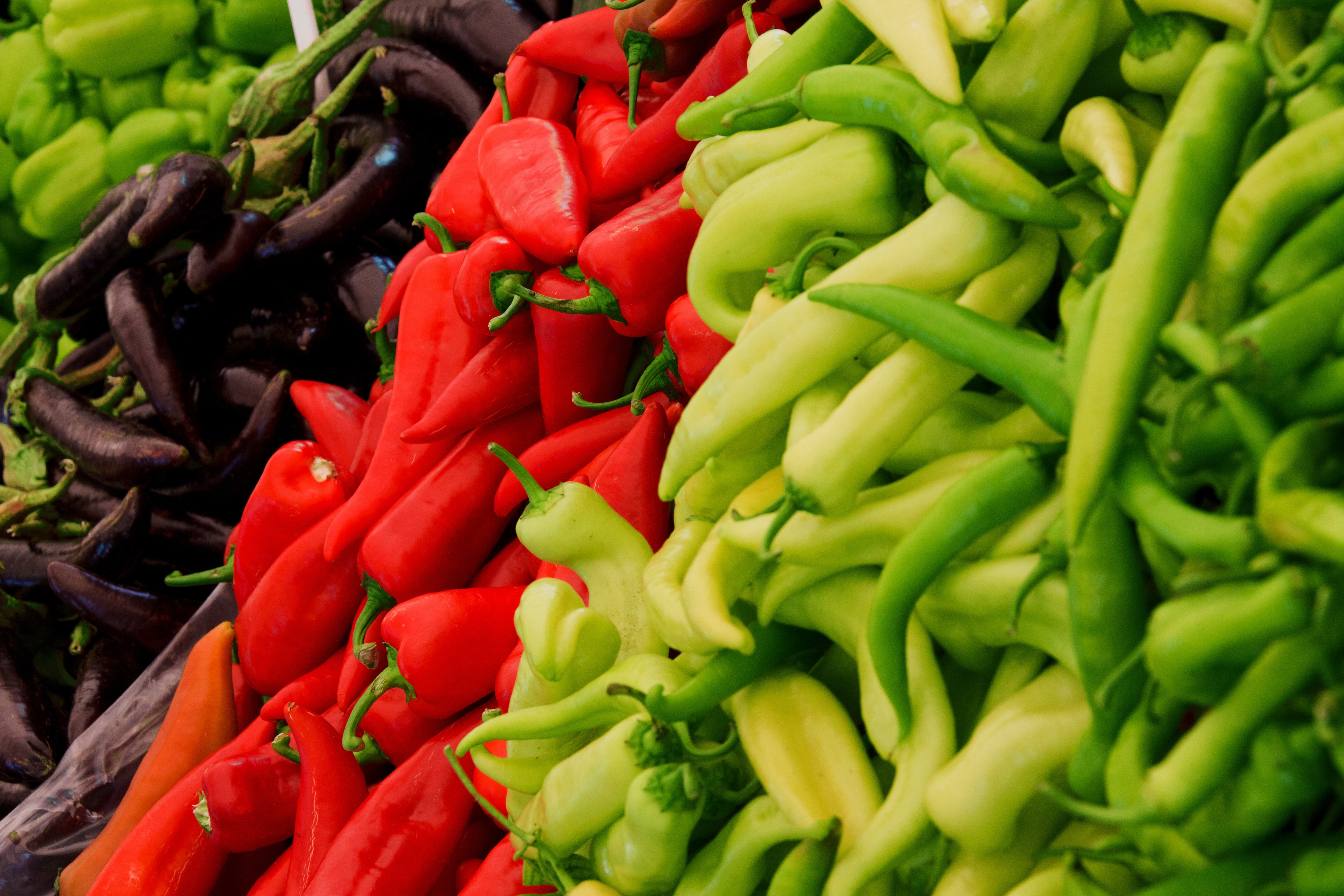Thursday, September 24, 2020 - Eco-minded grocery shoppers love labels. If  a food says "organic" or "local" or "sustainable," it becomes more desirable than its less decorated neighbors. Shoppers are willing to pay more for it, believing that they're making a decision that benefits the earth, farmers, and their bodies in some way.
a food says "organic" or "local" or "sustainable," it becomes more desirable than its less decorated neighbors. Shoppers are willing to pay more for it, believing that they're making a decision that benefits the earth, farmers, and their bodies in some way.
Unfortunately, it's not that simple. British farmer James Rebanks wishes that shoppers would move beyond the surface labels and start thinking about the farming practices behind the foods they're choosing. It would be better to ask, "How was this farmed?" and more broadly, "How should we be farming?" In an eloquent piece for The Guardian, Rebanks argues that what we choose to eat isn't just a personal choice. It's part of a "world-shaping message that is broadcast across the fields and determines what farmers choose to grow and how they must do it."
Rebanks would like to see more emphasis on good farming techniques, such as maintaining soil health through crop rotation and no-till methods, maintaining hedgerows and field trees as microhabitats for wildlife, and preserving increasingly rare natural features such as peat bogs, wetlands, and forests. He is a supporter of regenerative agriculture, which is defined as a "holistic land management practice that leverages the power of photosynthesis in plants to close the carbon cycle, and build soil health, crop resilience and nutrient density." This can include raising livestock in a way that uses grazing to repair soil and deal with surplus plant material.
One major impediment to these practices becoming the norm is that so many people are disconnected from the source of their food. They don't stop to think about where it comes from, and whether it required vast, intensive inputs that may have caused more harm than good. They don't ask how far a particular food traveled to their cart, and if surging popularity of a new tropical superfood may have pushed it beyond reach of an impoverished local population. They fail to contemplate the complexities of a system in which "local" does not necessarily mean that production was kind to the environment, and "seasonal" may not mean it's in season within one's own hemisphere, and "organic" can still wreak havoc with soil systems through over-plowing. Rebanks writes,
"The difficult truth is that there’s no such thing as a one-size-fits-all global sustainable diet that will solve the ecological crisis at one fell swoop. We are all local to somewhere, and owning, seeing and taking responsibility for our food and how it is grown is imperative. We need to re-engage with the fields that feed us. We need to learn about and care about farming once more."
What Should a Conscientious Eater Do?
Start growing some of your own food, Rebanks says, even if it's just a tiny bit. That relationship with seeds, soil, sunshine, and water is profound and educational. Start asking what kinds of foods would grow in your climate and eat those predominantly. Find farmers in your area who are vocal about farming ethically and sustainably and pay more for their food – because that's what it's worth.
Being part of a CSA (community supported agriculture) program has greatly shaped my relationship with food. Now I won't buy lettuce or tomatoes from the grocery store in January because that's not the right season for me, a northern-dwelling Canadian, to be eating them (nor are they all that good when flown in from away).
Learn More at the Original Article Here
